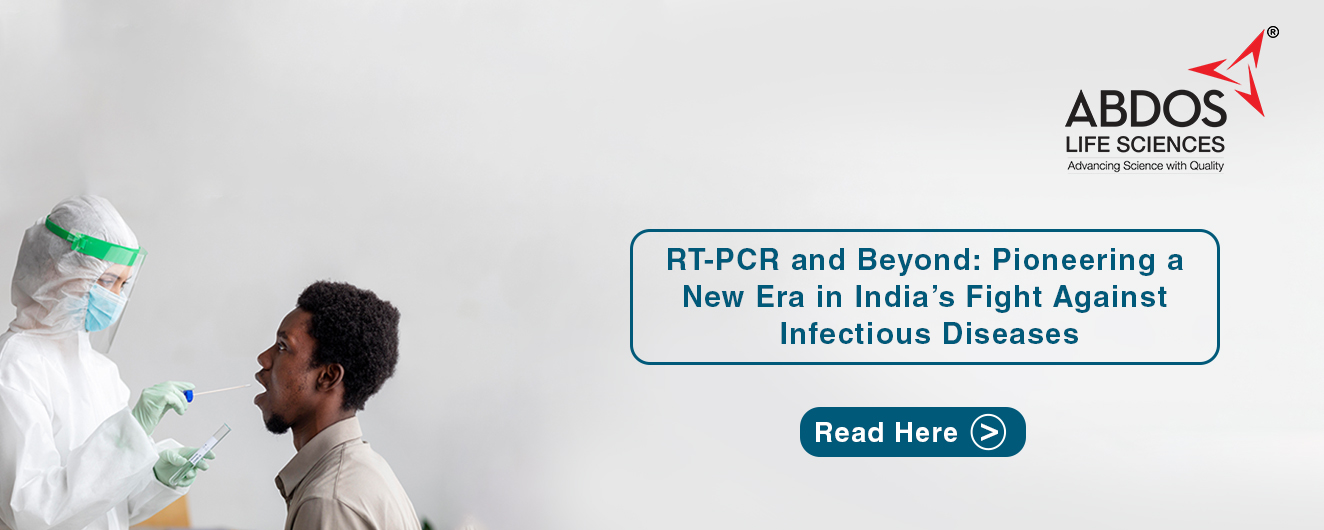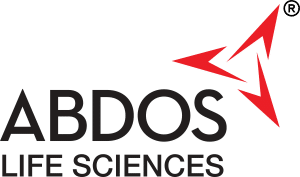
Infectious disease outbreaks continue to challenge global healthcare systems, particularly in regions where early detection is limited. Delayed or inaccurate diagnosis can lead to rapid disease spread, increased mortality, and overwhelmed health infrastructure.
Real-Time PCR (RT-PCR) and quantitative PCR (qPCR) have emerged as gold standards in molecular diagnostics, offering rapid and highly accurate pathogen detection. Today, innovations like digital PCR, multiplex assays, and portable PCR devices are further revolutionizing the field- making diagnostics faster, more precise, and accessible, even in low-resource settings. As these technologies evolve, RT-PCR continues to play a central role in strengthening global health responses and shaping a more resilient future
Strengthening Infectious Disease Control in India with RT-PCR Technology
India faces a significant burden of infectious diseases, from tuberculosis to emerging viral outbreaks. Early detection and rapid response are critical to controlling their spread, yet traditional diagnostic methods can be slow and less sensitive, delaying timely treatment and public health action.
To address this, the Government of India has launched several targeted initiatives that leverage advanced RT-PCR technology for faster, more accurate diagnostics.
-
- National Tuberculosis Elimination Program (NTEP):
Tuberculosis (TB) remains one of India’s most pressing public health challenges, with millions affected annually. To address this, the National Tuberculosis Elimination Program (NTEP) has integrated Real-Time PCR (RT-PCR) technology into its diagnostic framework, that allows for rapid and highly sensitive detection of Mycobacterium tuberculosis—the bacteria responsible for TB—as well as genetic markers indicating drug resistance, the targeted therapy and programmatic surveillance. - Viral Research and Diagnostic Laboratories (VRDLs):
Established under the Department of Health Research (DHR), in collaboration with the Indian Council of Medical Research (ICMR), the VRDL nationwide network aims to provide timely diagnostics, RT-PCR-based testing for rapid and accurate detection of viral pathogens, develop diagnostic kits, and is crucial in managing outbreaks like COVID-19, H1N1, and HMPV, using real-time molecular diagnostics.
- National Tuberculosis Elimination Program (NTEP):
Another such programme includes Integrated Disease Surveillance Programme (IDSP), where in February 2024, the Union Health Ministry announced the strengthening of IDSP to utilize advanced data modeling and analytical tools, facilitating real-time data reporting accessible at all levels. These programs demonstrate how molecular diagnostics, particularly RT-PCR, are transforming India’s public health landscape—enabling early detection, better surveillance, and faster responses to infectious threats.
The Evolution Journey of RT-PCR: From Lab to Point of Care
While RT-PCR conventional laboratory-based method is highly accurate but come with a significant limitation of turnaround time (TAT), can impede timely interventions. It takes time to transport samples to centralized labs, processing, and reporting results take hours or even days, which in fast-moving outbreaks like COVID-19, can be detrimental to prevent the spread of a disease.
Point-of-Care Testing (POCT), a groundbreaking advancement in RT-PCR technology which enables rapid and on-site diagnostic testing to be performed near the patient whether at airports, railway stations, clinics, CHCs, PHCs or at even at the remote areas. POCT gained significant attention during the COVID-19 pandemic, where it played an important role in controlling the spread of the virus providing faster results and more immediate clinical decisions.
Bacterial & Viral Disease Detection
In recent studies, the detection of bacterial and viral pathogens using POC devices are utilized for the rapid diagnosis of various bacterial infections. This includes common pathogens such as Streptococcus pneumoniae, Escherichia coli, and Staphylococcus aureus, among others. Similarly, POC devices are effective in detecting viral pathogens too including viruses like Influenza, HIV, HCV, HBV, HPVs and SARS-CoV-2 (the virus responsible for COVID-19). The ability to quickly identify these viruses is crucial for timely treatment and containment of outbreaks.
Pharmacogenomics
Beyond infectious diseases, other application includes pharmacogenomics, where it helps tailor medications to a patient’s genetic profile, and in cancer diagnostics, screens high-risk strains of HPV linked to cervical cancer. Especially performed in low-resource settings, where access to centralized labs is not easy, the molecular POCT provides accurate results quickly and readily on-site.
Autoimmune Disease Diagnostics
Molecular methods like PCR can be considered a powerful tool in the diagnosis and research of autoimmune diseases. PCR-based techniques can help to identify genetic variations associated with autoimmune diseases assessing an individual’s susceptibility to developing the condition. Additionally, it can also be used in conjunction with other techniques to detect and quantify specific autoantibodies related to autoimmune diseases, aiding in diagnosis and monitoring disease activity. However, autoimmune disease diagnosis is a complex process that relies on a combination of clinical assessment, medical history, and laboratory tests, with PCR serving as a supportive tool in the overall diagnostic approach.
Advanced Microfluidic-Based Molecular Analysis
A microfluidic system is a small portable system that can complete sample pretreatment, separation, dilution, mixing, chemical reaction, detection, and product extraction. Microfluidic devices are considered mobile devices because a sample analysis can be performed entirely within the small, portable device. Their flexibility and scalability allow from detecting infectious disease to screening and monitoring chronic conditions.
Conclusion: A Promising Future Ahead
RT-PCR-based POCT is at the forefront of diagnostic innovation as healthcare continues to move toward decentralized and individualized treatment. The fusion of molecular precision with micro-scale automation is not only transforming how we diagnose diseases but also democratizing access to healthcare, making accurate testing available anywhere, at any time.
With continued research and investment, the future of diagnostics is poised to be faster, smarter, and more accessible than ever before ushering in a new era of precision medicine powered by the latest RT-PCR advancements.
To know more about ABDOS PCR Range => Click Here
To know more about how we can further support your lab needs, Contact us
References
- https://doi: 10.1016/j.jcv.2023.105613
- https://doi.org/10.3390/diagnostics10100841
- https://tbcindia.gov.in/
- https://main.icmr.nic.in/content/viral-research-and-diagnostic-laboratories-vrdl-network
